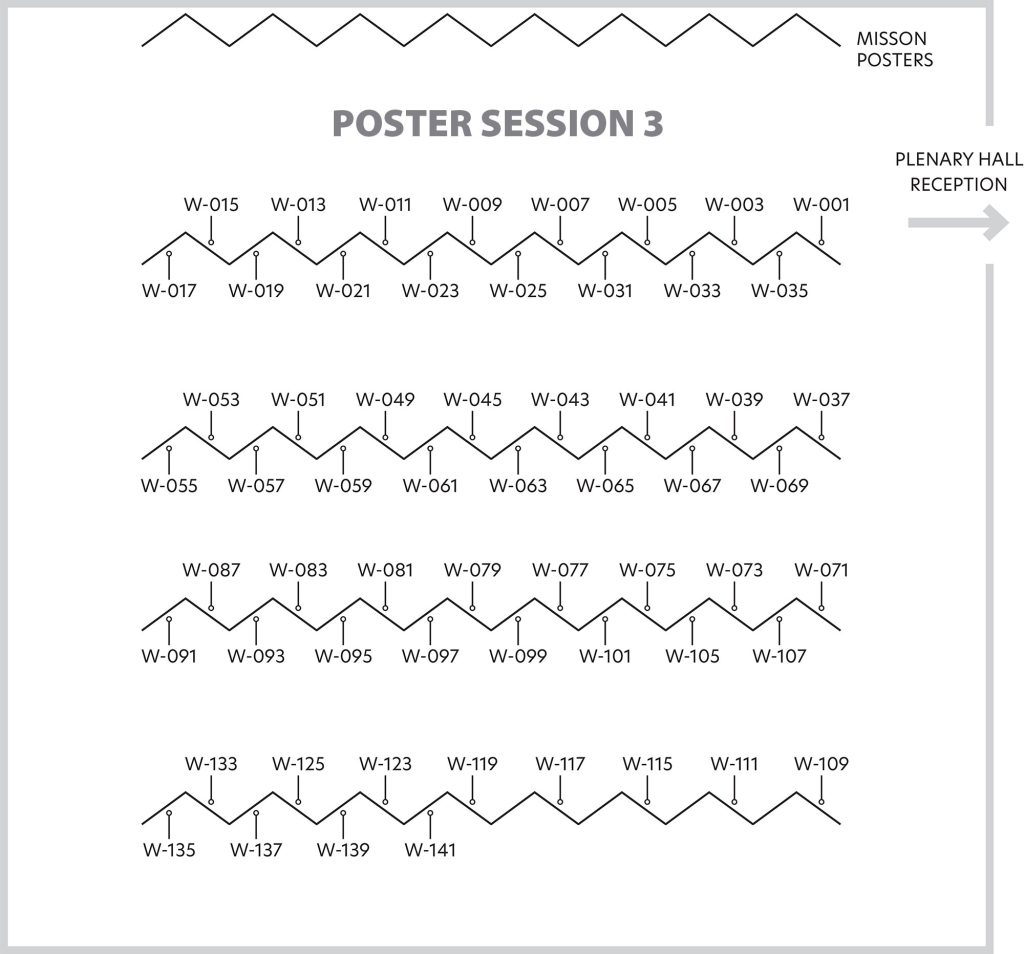POSTER Session 3
Wednesday, October 9
16:50–19:10
Poster Session | 1 | 2 | 3 | 4 | Instructions | Schedule at a Glance
ABSTRACT 971 | POSTER W-101
TAKING ADVANTAGE OF THE POWER OF HYPERSPECTRAL IMAGERY: A NOVEL STATISTICAL APPROACH FOR DISCRIMINATING CYANOBACTERIA AND OTHER HARMFUL ALGAE
Hyperspectral imagers (HSIs) have existed since the 1970s, but applying HSIs to cyanobacteria has only been marginally successful, partly due to high data dimensionality and associated computational and analytical challenges. So far, multispectral sensor algorithms have focused on empirical (band ratios/spectral shapes) and semi/quasi-analytical approaches to quantify water quality parameters such as pigments and turbidity. However, with the advent of HSIs, full spectral properties in the visible and near-infrared range have the potential to be used to develop algorithms with improved accuracy. There have been several attempts to address computational challenges with HSIs including the use of apparent visible wavelength and varimax rotated principal component analysis to reduce data dimensionality, while preserving as much information as possible. In this study, we developed a novel statistical approach to evaluate spectral properties that merges multivariate strategies used in ecology with traditional remote sensing methods. We tested this approach on a robust cyanobacteria spectral library. Using our unique statistical pipeline, we were able to: 1) deepen our understanding of the spectral separability of cyanobacteria to assess potential application of HSIs for routine monitoring, 2) highlight advantages and limitations of HSIs for cyanobacteria discrimination, and 3) identify unique regions across the visible spectrum to explore for cyanobacteria-specific algorithms. We are currently adding marine species to evaluate this pipeline in estuarine/coastal settings, where mixed harmful algal blooms are common. Collectively, this will enable appropriate exploitation of the technology while also addressing limitations, thereby increasing the likelihood of successful incorporation into monitoring programs.
Kaytee Pokrzywinski, NOAA National Centers for Coastal Ocean Science, USA, [email protected], 247608107
Sachidananda Mishra, Consolidated Safety Services, Inc., and NOAA, USA, [email protected]
Caroline Owens, Consolidated Safety Services, Inc., and NOAA, USA, [email protected]
Richard Johansen, US Army Engineer Research and Development Center, USA, [email protected]
Tyler Harman, Consolidated Safety Services, Inc., and NOAA, USA, [email protected]
William Holland, NOAA National Centers for Coastal Ocean Science, USA, [email protected]
Molly Reif, US Army Engineer Research and Development Center, USA, [email protected]
Poster Session | 1 | 2 | 3 | 4 |
Instructions | Schedule at a Glance
Questions?
Contact Jenny Ramarui,
Conference Coordinator,
at [email protected]
or (1) 301-251-7708

